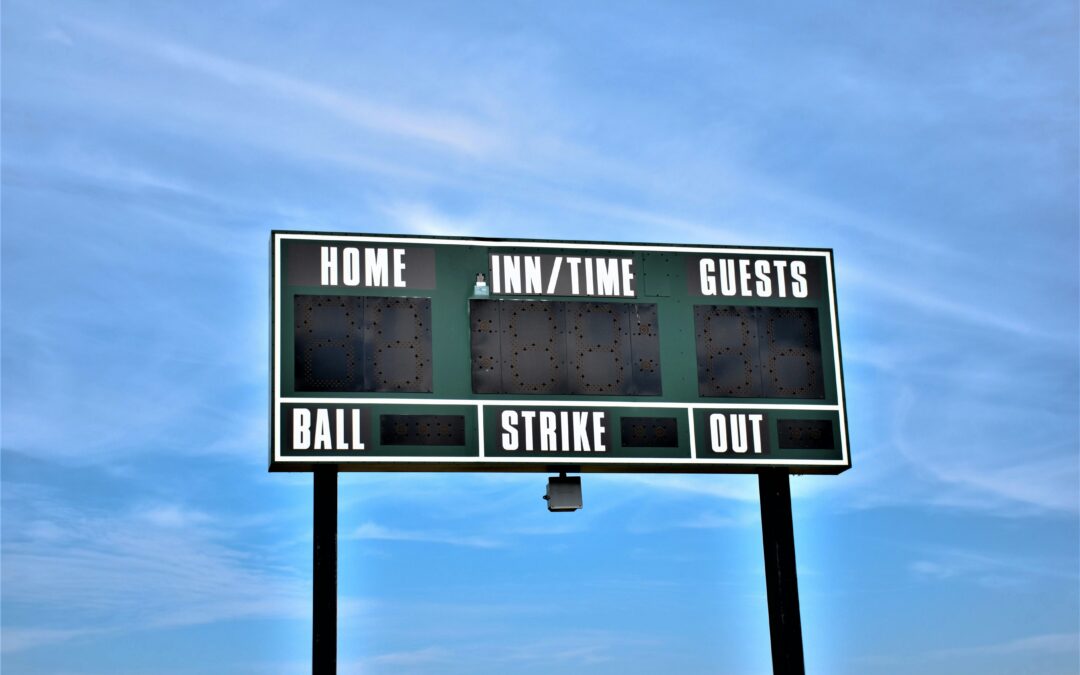(The Center Square) – Wisconsin state workers will see a 3% increase in pay this week and 2% next year.
But that implementation of the item, approved in the state budget, was completed before Wednesday’s meeting of Wisconsin’s Joint Committee on Employee Relations.
That’s because Gov. Tony Evers told departments to implement laws without legislative rulemaking after a Wisconsin Supreme Court ruling earlier this year that limited legislative authority on rulemaking, something that has continued a battle on power of how Wisconsin’s laws are implemented.
“When the Wisconsin Supreme Court clarified that the state separation of powers doctrine, it because clear that the implementation of GWAs established and funded by the state budget legislation would no longer necessitate separate approval by legislative committee,” Dept. of Administration Deputy Secretary Anne Hanson told the committee.
Assembly Speaker Robin Vos has previously spoken out against Evers’ directive for departments to skip rulemaking and reiterated that stance Wednesday.
“I would say that it’s unfortunate that something that has literally worked for generations, not just decades but generations, is being upended by an administration that is drunk with power,” Vos said.
Vos said that the administrations current stance on rulemaking will inevitably lead to issues when the state works on its next budget in two years.
“It really seems like, rather than being collaborative and go through the normal process where Republicans, Democrats, Legislators, executive branch all sit down and work out a deal, they’re just going to try to impose their will on the state,” Vos said. “Which will, unfortunately, mean a that during the next budget discussion it will be dramatically different.”
Vos also hinted at a future challenge to the administrations process, saying he believe it goes beyond what the law allows.
“I think something that has worked so well, it is really a shame that the Evers Administration had decided to play politics with it and do something that is clearly outside of the norm and should be outside of the law,” Vos said.










